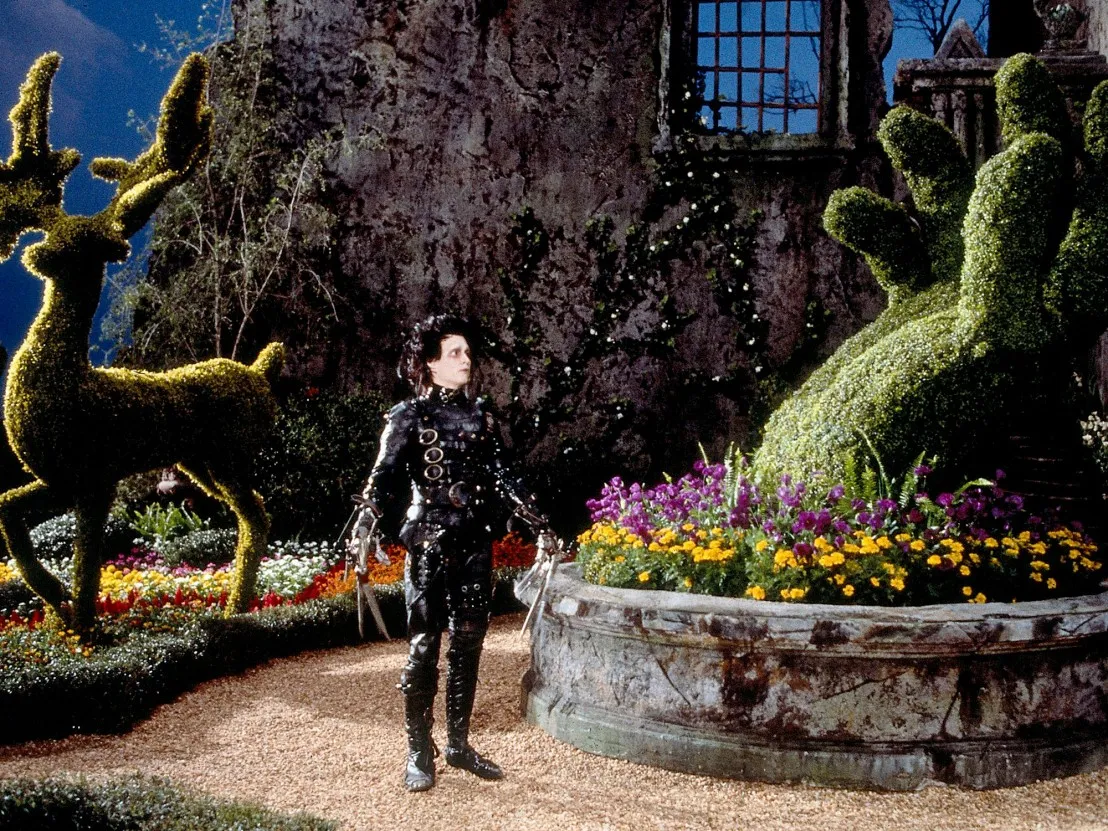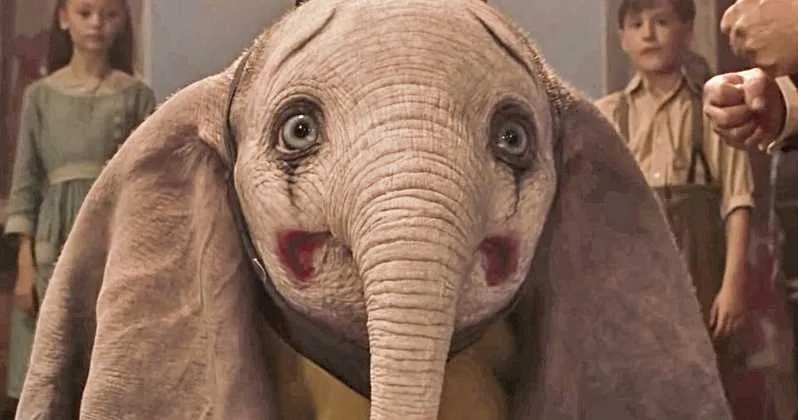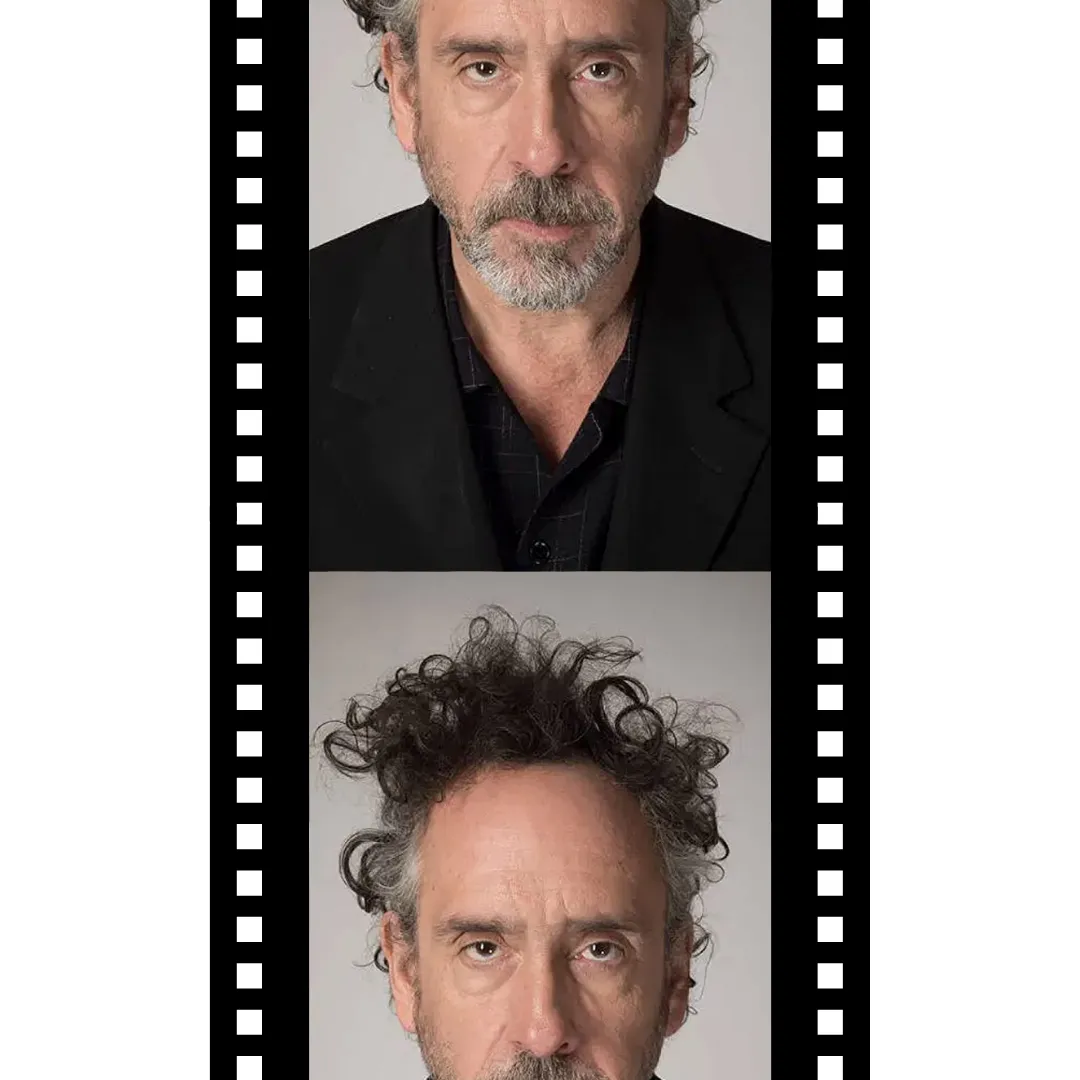
In literature, we talk about voice – how a personal voice is developed by a composer, such that the text is so utterly them in every way. In every syllable, stressed or otherwise, you hear them speaking through the characters or narration. The strongest personal voices which are developed are usually something a little bit quirky, or unusual – but, and this is the point, they emerge under the complete control of the writer. Every word is deliberate and contributes to bigger picture –
This leads me to consider today Auteur Theory. It looks at a film director, and then ups the game. The theory recognises that a film is the end product of a team of very creative people, and the director’s role is to piece all the teams’ efforts together into what makes it onto the big screen. Auteur Theory proposes, however, that some directors are not so much jigsaw puzzle lovers, but are rather, authors of the film – don’t get me wrong, this doesn’t mean they wrote the script – but it means that they have a vision for their end product, and the completely pour themselves into their directorial processes, putting influence and control into all aspects of the film’s production.
Sure, some people might call them authoritarian, others might call them control freaks or ‘the boss from Hell’. But, the end product is typically visually distinctive, and distinctly visual. You might need to read that last bit again to get what I mean.
The auteur (author) is passionate about the film, and it becomes an extension of who they are – and it is this passion and tension for the absolute best outcome which drives their oversight. It is not a lust for power, nor a grab at influence – it prioritises art and the demands of the art is the stretching of the artist’s influence over the entire canvas. (Of course, I’m speaking metaphorically – the canvas is the film, not to get too confused).
Developing this further, the Auteur him or herself must end up with a text which is incredibly personal and unique in its composition. The theory was developed by French theorists from 1948 to the early 1950s, and it proposed the 'La Camera-Stylo' - translating to 'The camera is a pen'. The push was to move away from the surrealism of the 1920s and into something far more avante-garde.
There is, however, a checklist for the aspiring auteur amongst us:
- The film maker doesn't make to be a great director, but they have to be good. This just means they have to be technically competent.
- Across the body of their work, the audience should see their unique personal voice, so that when we a shot, or a scene, we can exclaim, 'This must be directed by that guy, you can see their signature all over this piece!'.
- They will embrace antagonism - this means when there is pushbacks from actors or producers or studio budgets, etc., that they will hold their ground and say, 'I'm pushing my vision through, despite what you tell me'
Now, onto the prompt. Not so much a favourite director, but a favourite auteur. Meet this guy:
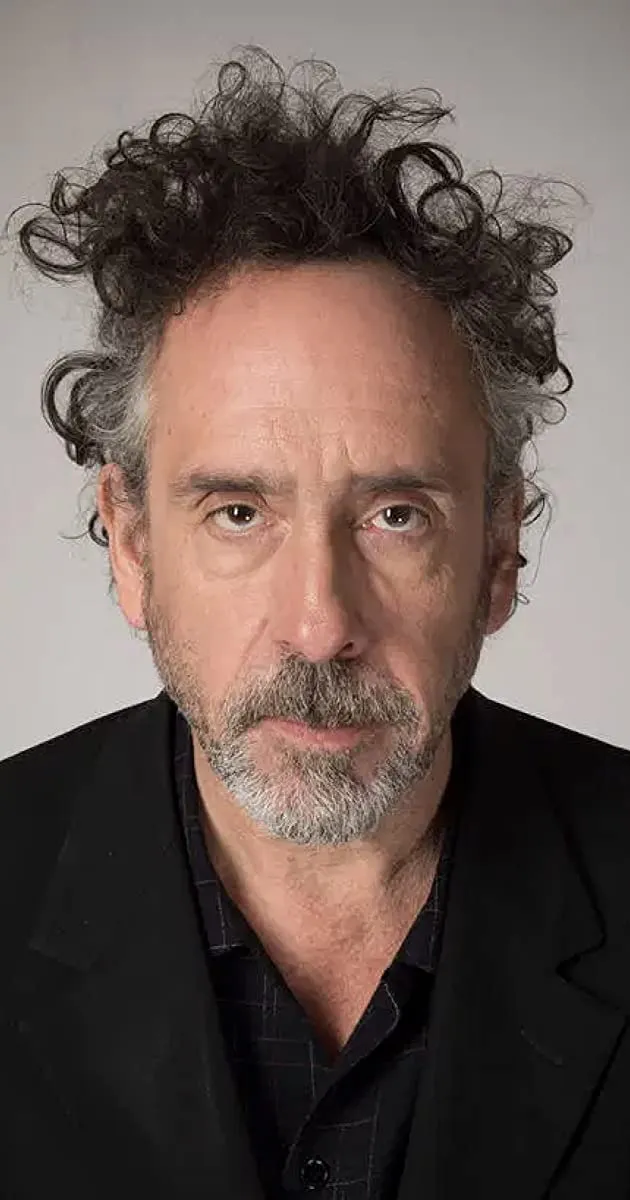
This is of course, Tim Burton - and with hair like that, it might be fair to call him a little bit eccentric! And why not, if the shoe fits, right?
(Although, my mate @papacrusher would argue that Scorcese wears the shoe - I'd say we'll need more research. Google is telling me Burton wears a US9.5 shoe size, but I can't get any information on your friend Martin).
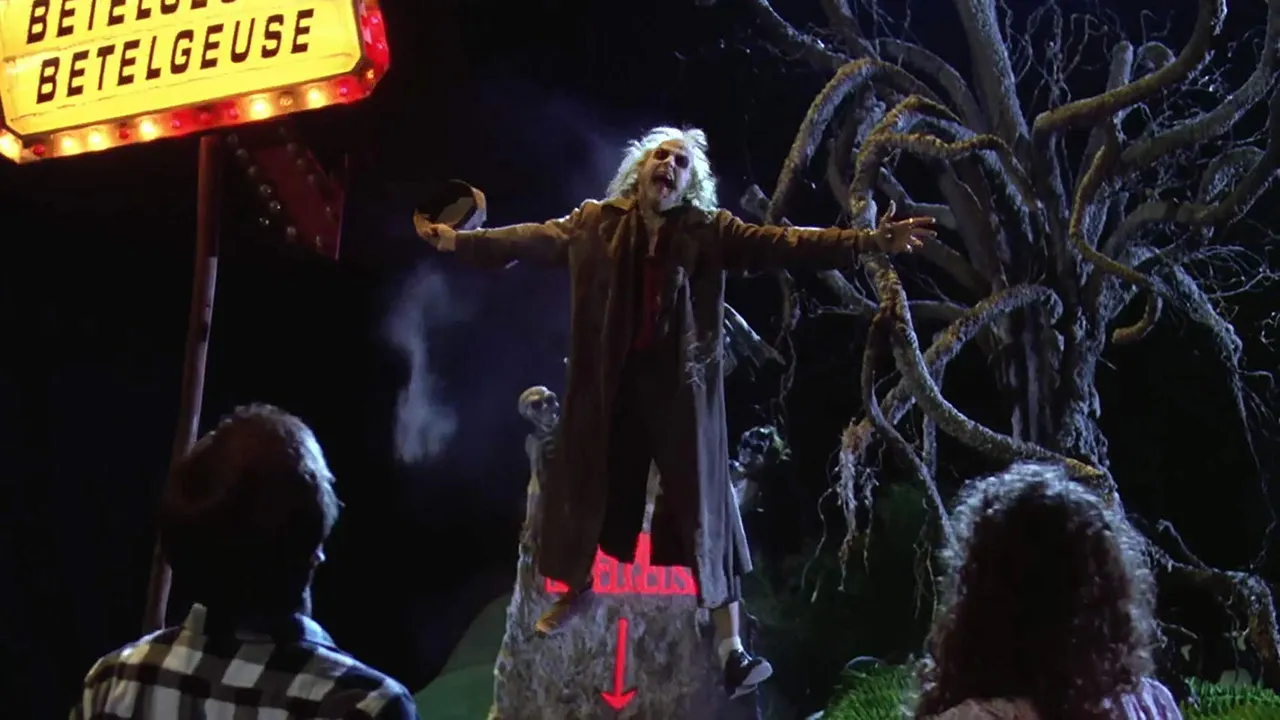
Heading back to 1988, 'Bettlejuice' has been a bit a cult favourite ever since. It's quirky, and odd, and very much unlike anything else that had come before it.
Moving forward two years, the brilliance of 'Bettlejuice' transformed into 'Edward Scissorhands'. Another quirky film, which, while both entirely different from each, put next to each other - there's a continuity or a thread which runs through both pieces - from the shots, to the acting, to the costuming, to the sound effects. It was balance between the shades of light and dark.
Years later in 1999, the film 'Sleep Hollow' found its way into the cinema, and again, it was distinctly visual - the misunderstood characters- their dark qualities oozing from every corner of their mouths. This was more of a period piece, yet, the creepy and the unsettling of his previous work was now reaching maturity. The landscape itself becoming another character, recognisable from his earlier pieces -
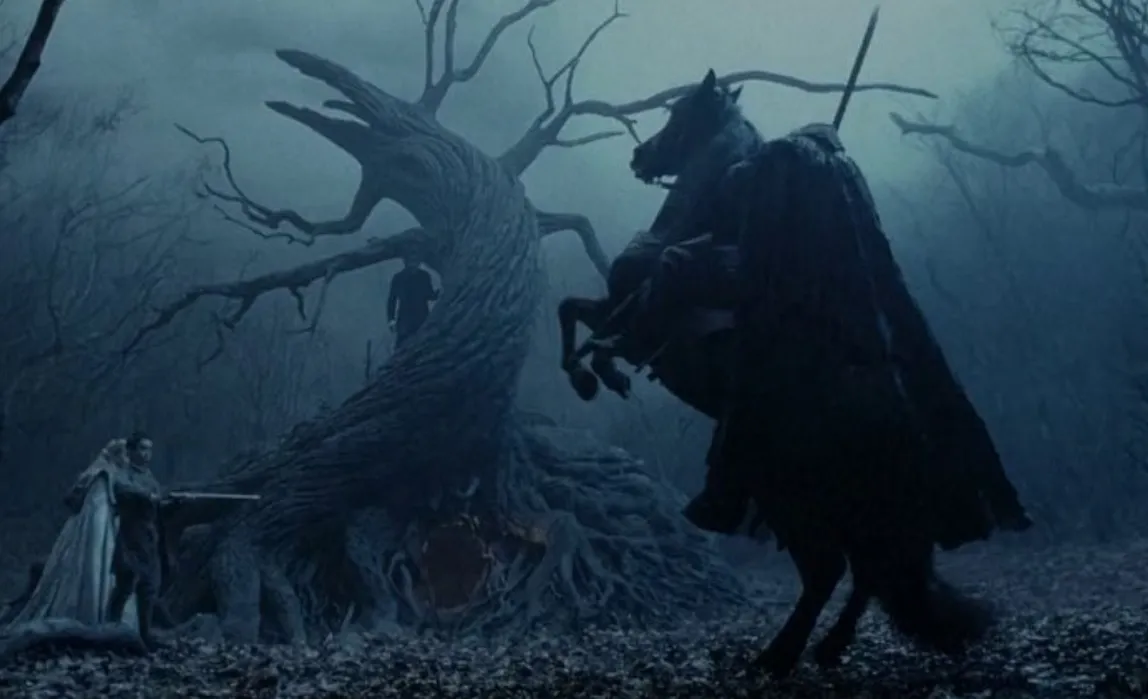
Having reached this maturity, Burton seemed to then pivot into something a bit more fun - blending and turning his imagination into the 2005 'Corpse Bride' - it played with the characters of his earlier years, while the landscape continued to feature as the 'third character'.
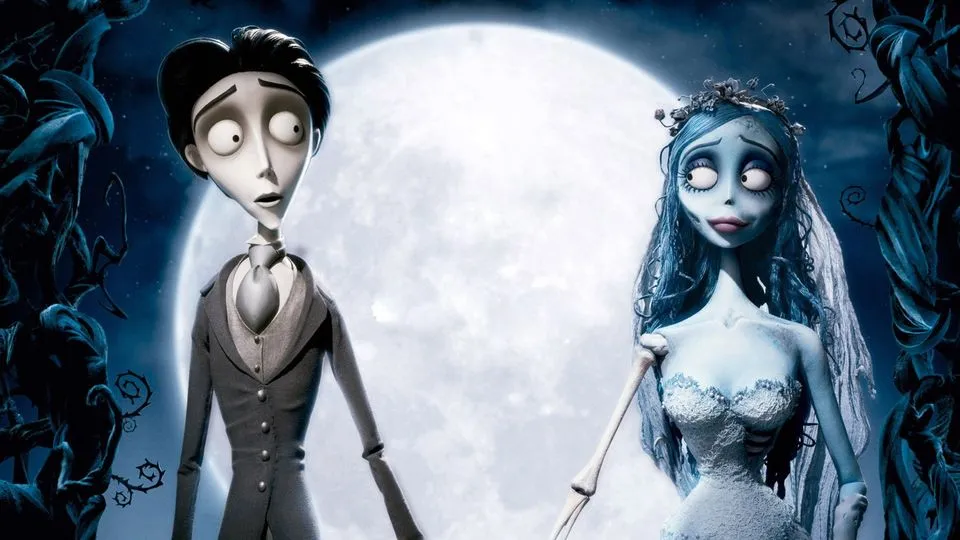
It was also something entirely more fun, and this 'fun', yet equally unsettling and dark, pushed him into 'Charlie and the Chocolate Factory' in the same year. It was of course a re-make of an earlier film, and based off an earlier Roald Dahl novel, but here was Burton putting on it his own signature - taking the odd, to the extreme:
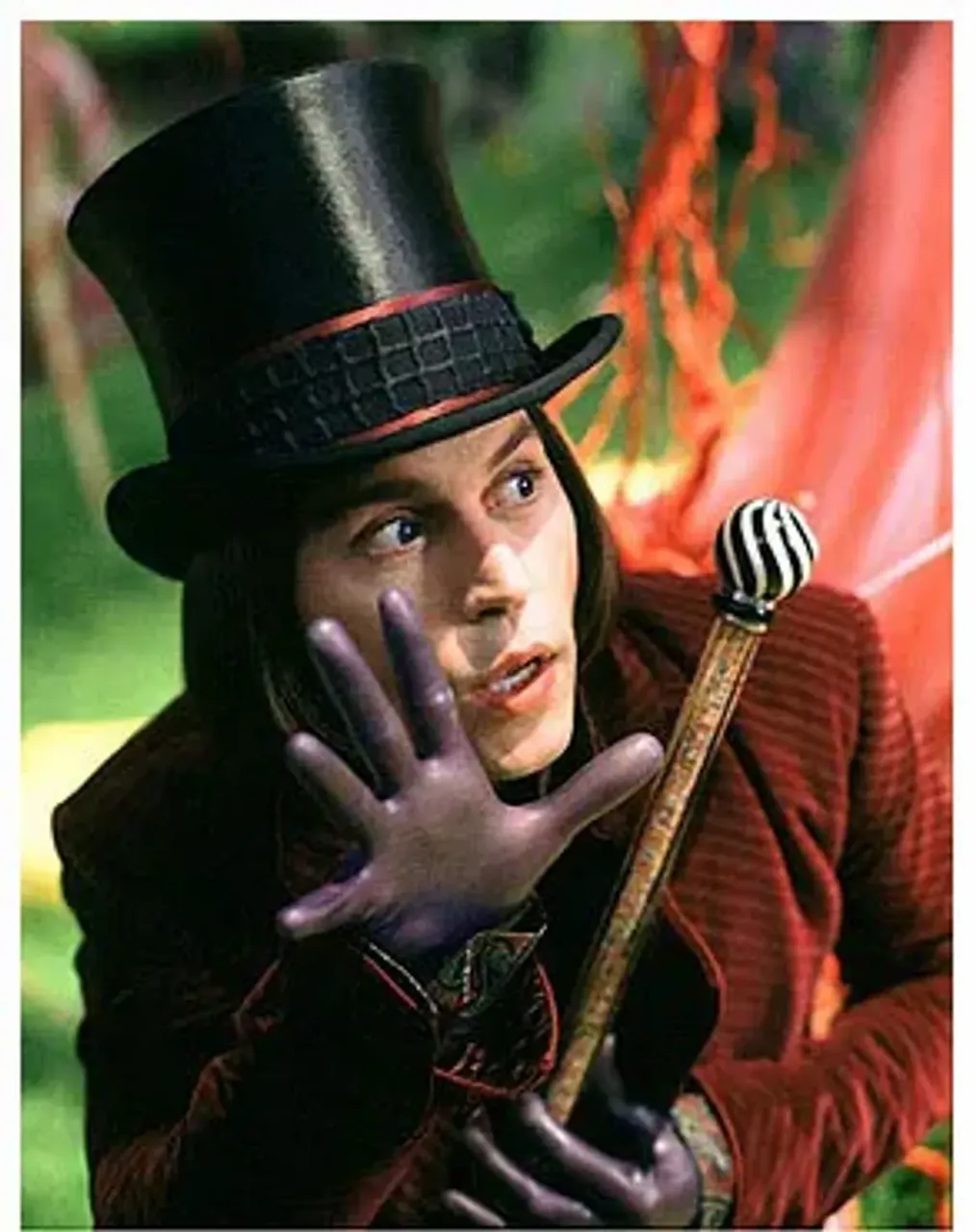
And, didn't this set up his progression beautifully, as he moved to disturb in Lewis Carroll's delightful children's story, 'Alice in Wonderland' in 2010.
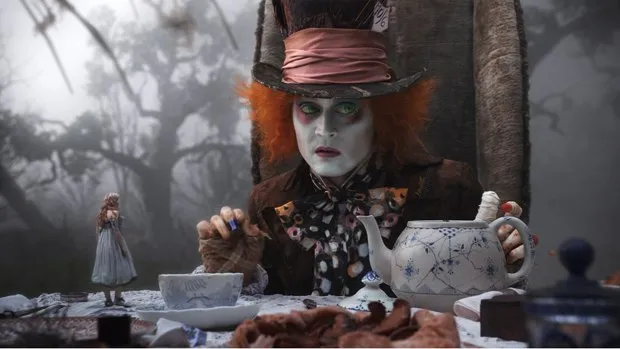
By now, you might be seeing something very familiar in Burton's characters. Have you compared his Mad Hatter (above) to 'Dumbo' (below) which came out in 2019?
So there you have it, these of course are not all of Tim Burton's films - but what they do show is a common aesthetic. In each and every film, just one shot is enough to see a connection between the characters and the landscapes of one text to another - a consistent fingerprint touching every film he has ever authored over a 40 year period! A sign of a true auteur!
And, in some final exciting news, if you feel like cashing in your HIVE, you could get your hands on the house from Edward Scissorhands, have a look at this headline I found on Google:

If you'd like to get on board the CineTV contest, you can find the original prompt here:
@cinetv/cinetv-contest-your-most-favorite-directors
